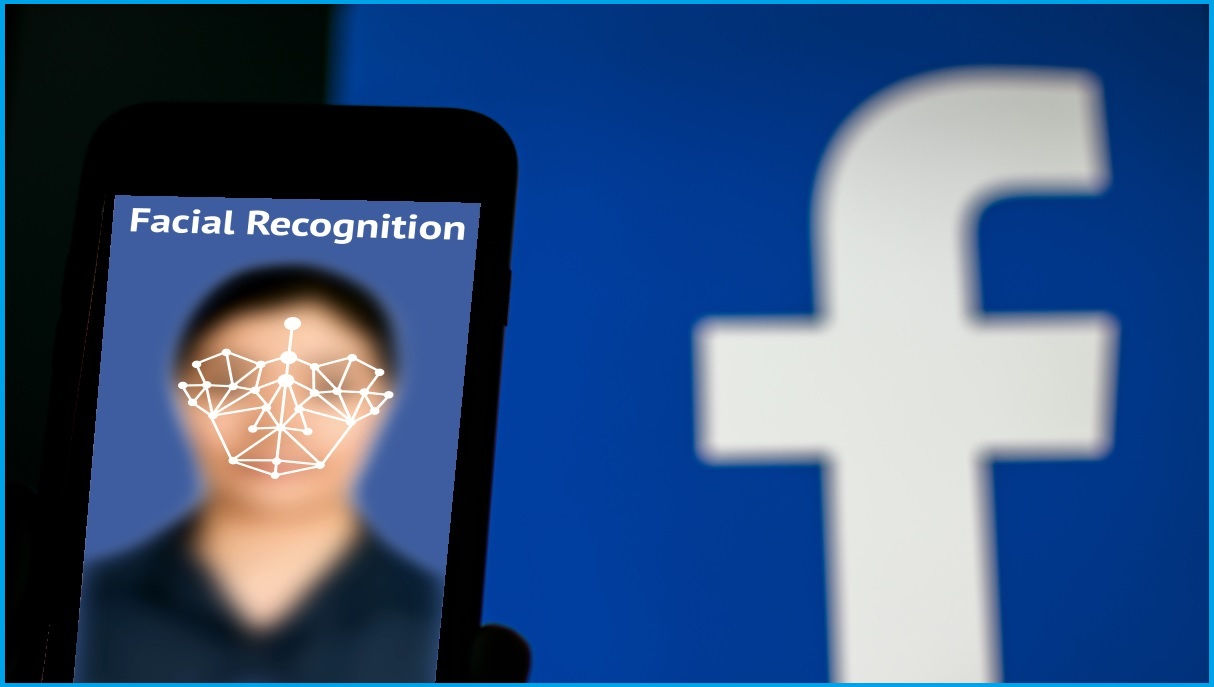Facebook will no longer automatically detect your face in photos and videos as it begins winding up the use of facial recognition technology on the platform.
Jerome Pesenti, Facebook’s VP of Artificial Intelligence, announced the changes in a blog post on Tuesday, describing it as “one of the largest shifts in facial recognition usage in the technology’s history”.
“More than a third of Facebook’s daily active users have opted in to our Face Recognition setting and are able to be recognised, and its removal will result in the deletion of more than a billion people’s individual facial recognition templates,” Pesenti said.
“Making this change required careful consideration, because we have seen a number of places where face recognition can be highly valued by people using platforms.”
Along with automatically tagging people in photos, Pesenti said facial recognition has been an important part of the platform’s Automatic Alt Text feature that uses AI to create image descriptions for people living with a visual impairment.
While that feature will still exist, it won’t be able to recognise who's who in photos once the existing facial recognition system is sunsetted.
Importantly, Pesenti signaled Facebook’s future use of facial recognition, albeit in different forms.
He specifically named identity verification and fraud detection, areas that will be necessary as Facebook’s newly-named parent company Meta begins plugging into the cryptocurrency world – including the creation of its own cryptocurrency – which brings a new set of know-your-customer obligations.
Pesenti also mentioned the value of on-device facial recognition systems that don’t need to send face data to external services, as commonly used for unlocking smart phones.
“We believe this has the potential to enable positive use cases in the future that maintain privacy, control and transparency, and it’s an approach we’ll continue to explore as we consider how our future computing platforms and devices can best serve people’s needs,” he said.
Facebook’s policy change follows a US Congressional hearing last week in which social media platform TikTok – one of Facebook and Instagram’s main competitors for young users – was grilled over its own collection of facial data that had been reported on earlier this year.
The new policy also seeks to keep moving Facebook’s public image away from the ongoing backlash initiated by whistleblower Frances Haugen who has provided journalists with a trove of internal documents unveiling details about Facebook’s moderation failures and insistence on putting profits above the wellbeing of its users.
It also reiterates a point that Meta CEO Mark Zuckerberg has been labouring for at least 18 months: that governments should more carefully regulate the use of technologies like facial recognition.
“There are many concerns about the place of facial recognition technology in society, and regulators are still in the process of providing a clear set of rules governing its use,” Pesenti said.










